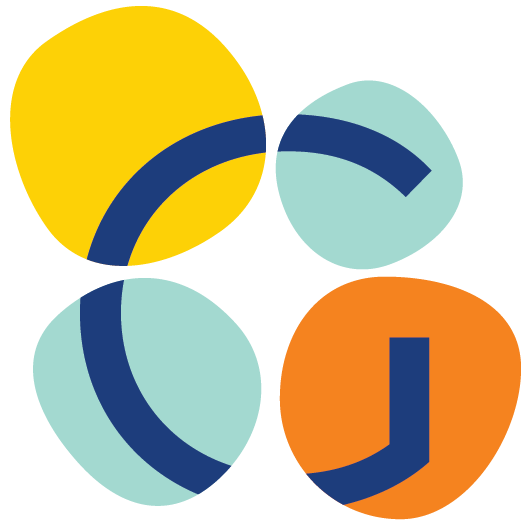After months of weeknight classes, projects, and research, participants in The Guild’s inaugural Leadership Employee Advancement and Development (LEAD) class graduated from the program in December.
Designed with the International Institute of New England and funded by a grant from the Sudbury Foundation, the LEAD program sought to support the career advancement of Guild employees through a comprehensive curriculum covering non-profit organizational structures, conflict and crisis management, communication strategies, supervision techniques, and data-driven interventions. The program’s thirteen participants serve in various roles within the organization, allowing for cross-department collaboration and networking.
LEAD participants have already seen tangible results: two of the thirteen students in the cohort were promoted since the program started last August.
In addition to the weekly curriculum, LEAD students participated in a mentoring program. Mentee/mentor pairs met throughout the semester to discuss professional experiences and goals, course content, and progress made.
Nathalie Etame, Manager of The Guild’s Sudbury House, says that she appreciated having the opportunity to work with a mentor during the program. “Having the guidance, encouragement, and support of a trusted and experienced mentor provided me with lots of benefits and confidence, which has led to my increased performance at work,” she says.
LEAD culminated in two rounds of group presentations delivered via Zoom. Students offered concrete recommendations to the organization, from creating a formalized employee recognition program to improving communications across The Guild’s platforms. “I envision that LEAD graduates will serve on leadership committees helping map out some of the recommendations they proposed,” says Michael Clontz, Chief Program Officer and LEAD Facilitator.
LEAD program graduates include:
- Maxine Dieudonne: Residential Manager
- Mory Konate: Residential Manager
- Nathalie Etame: Residential Manager
- Raji Ravichandran: Lead Teacher
- Rhonah Nakalyowa: Lead Teacher
- Ryan Legner: Lead Teacher
- Elizabeth Pacetti: Lead Teacher
- Anderson Calixte: Assistant Residential Manager
- Dennis Elyau: Residential Manager
- Nikki Bryant: Behavior Clinician
- Cassandra May: Teacher Assistant
- Dieusel Saint-Ange: Assistant Residential Manager
- Lauren Byron: Teacher Assistant
Moving forward, Michael says he’s excited about the potential to continue the LEAD program over time. “Folks now have a peer group that cross-cuts programs and departments. If we keep offering this opportunity, we’re really going to build different connection points among staff,” he says.


